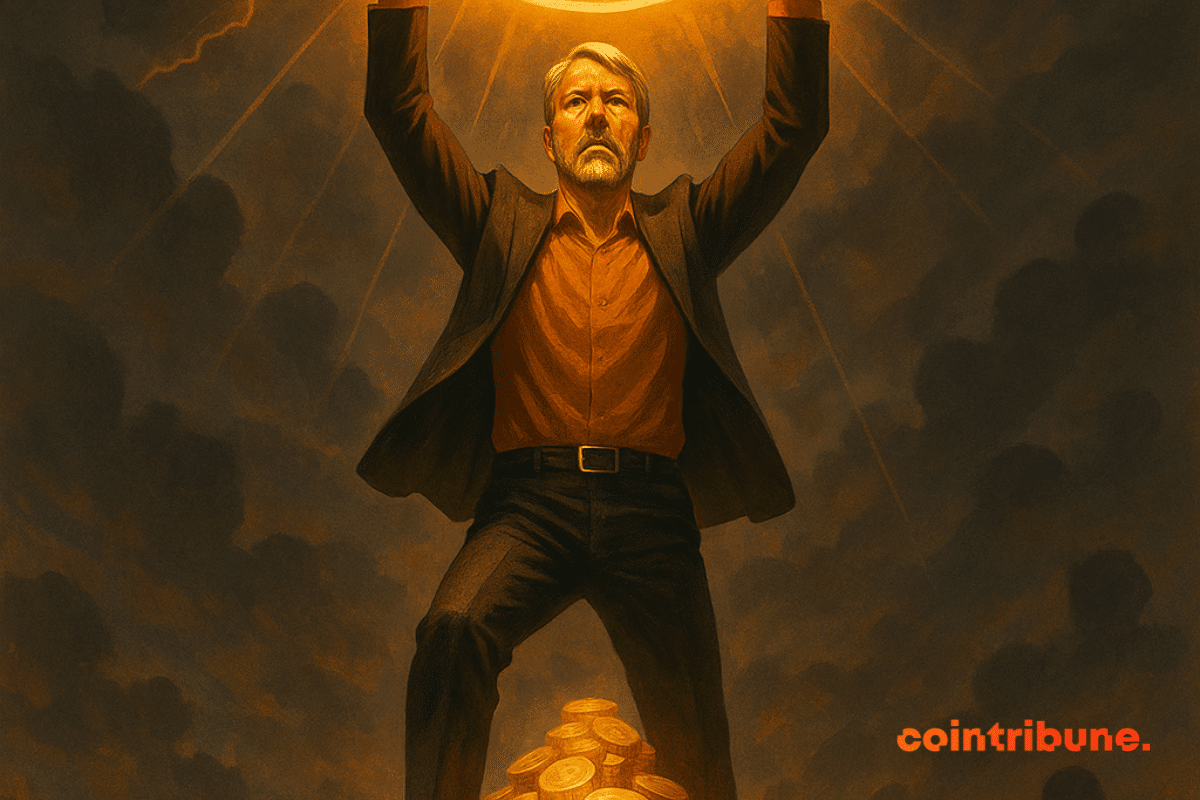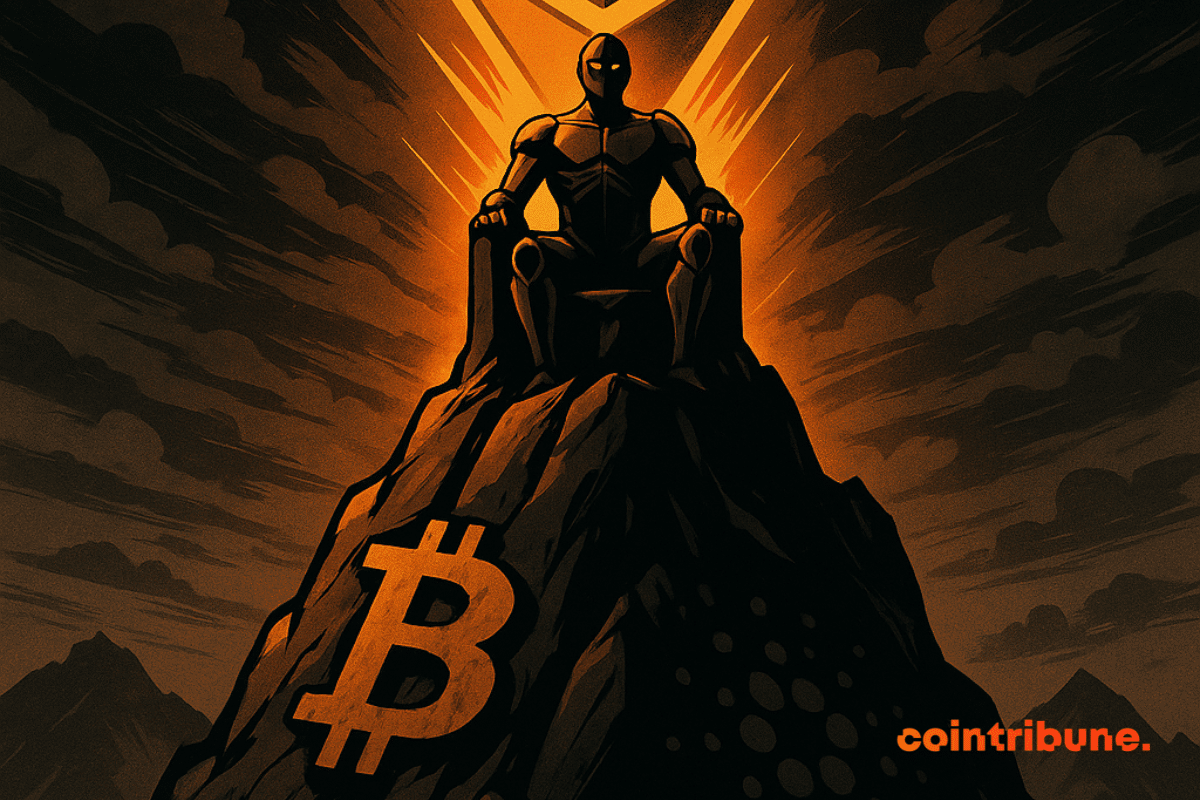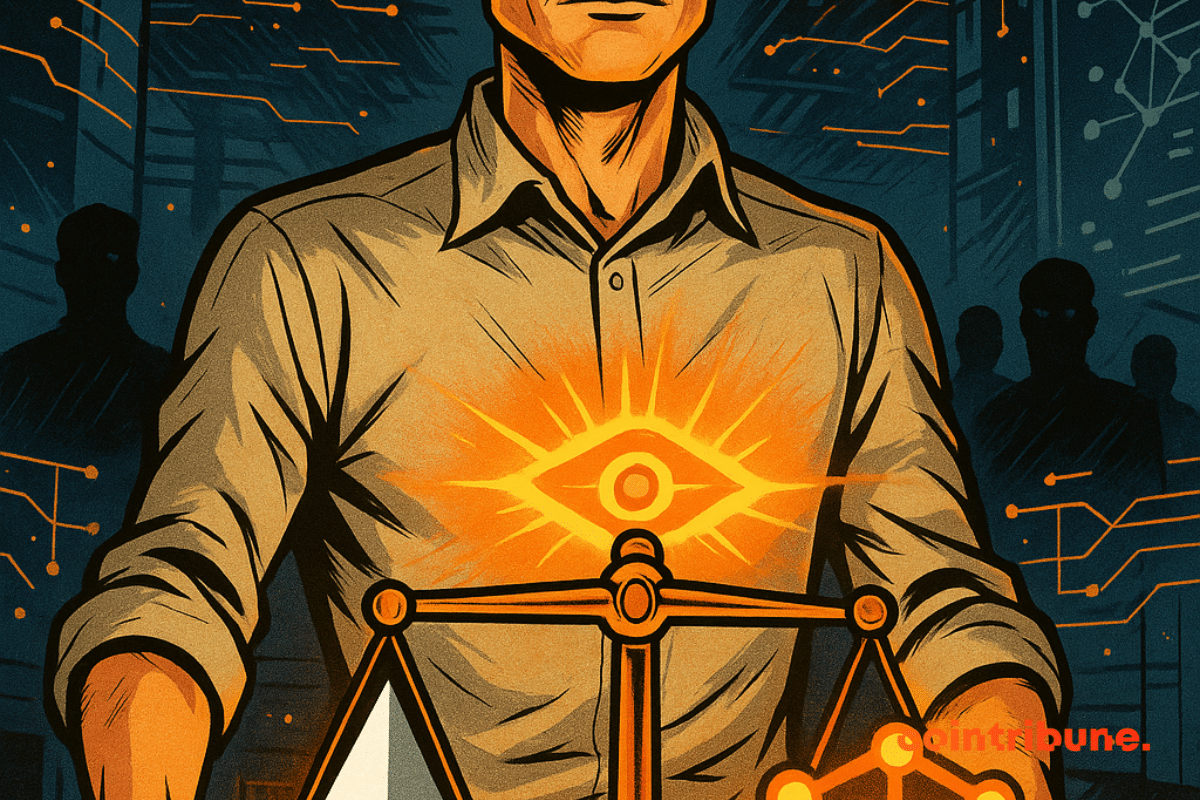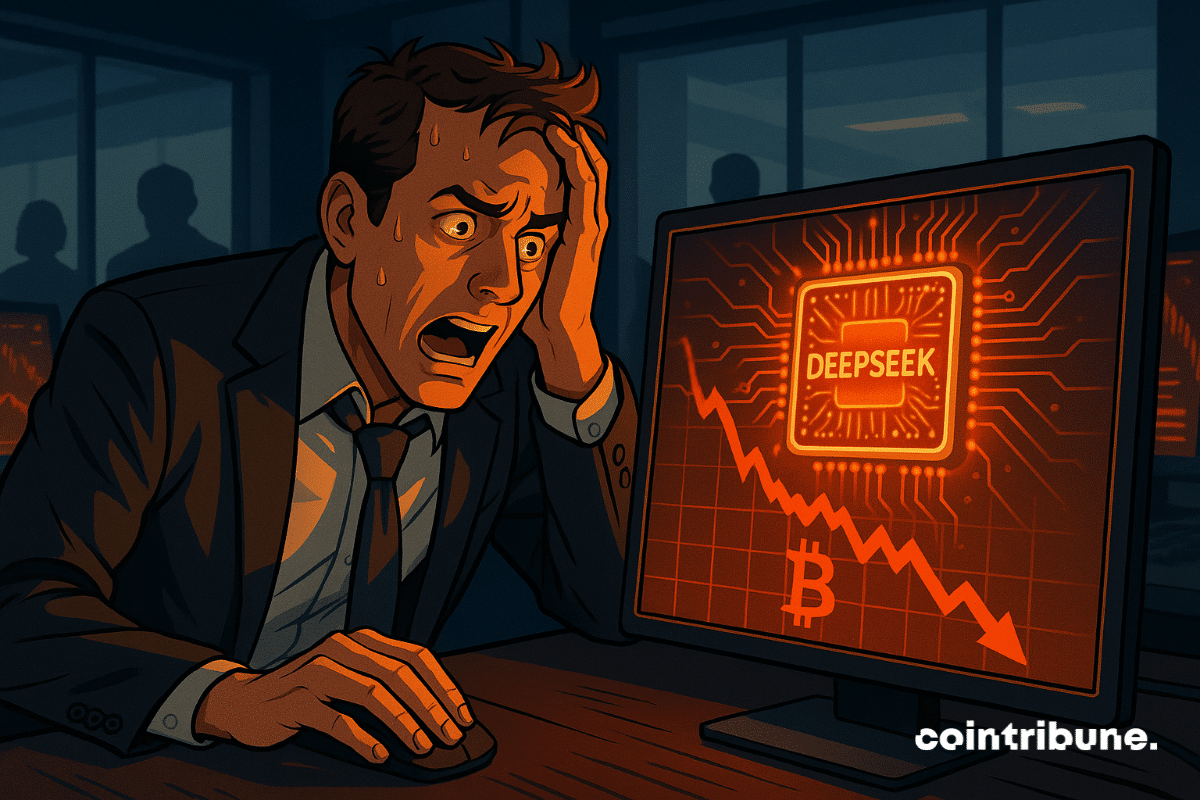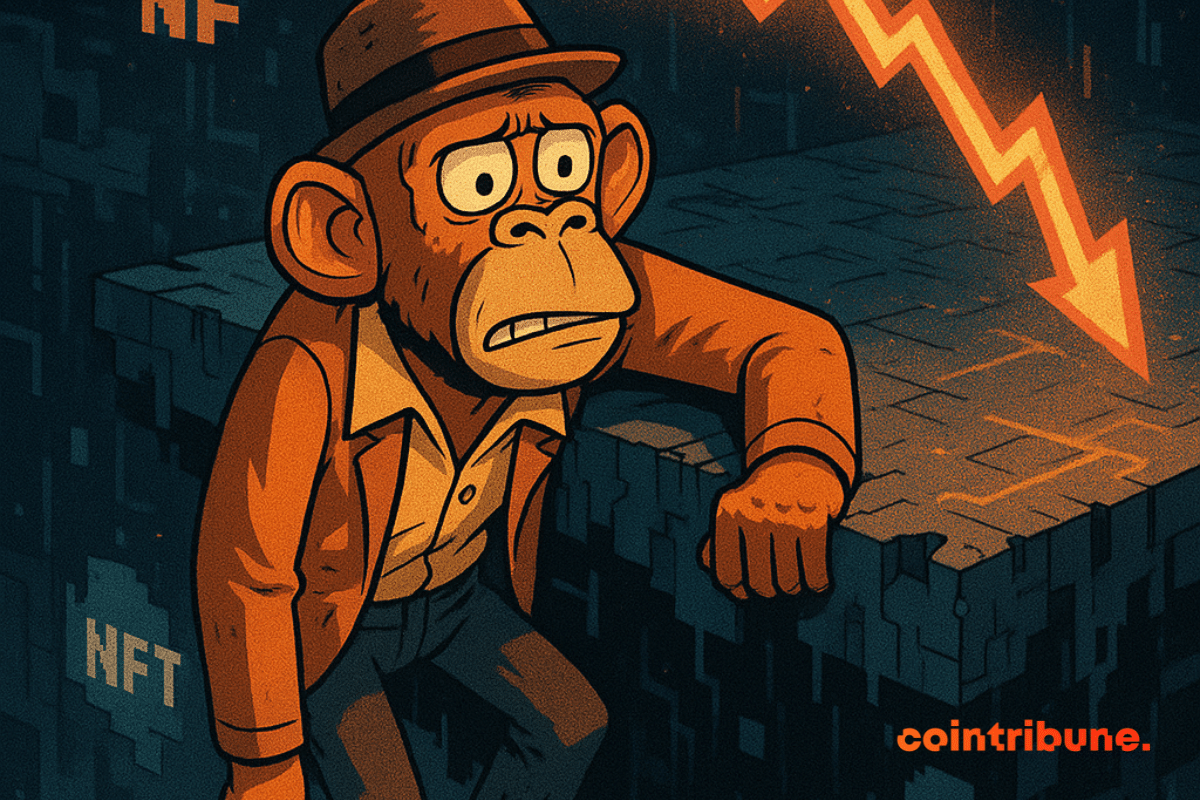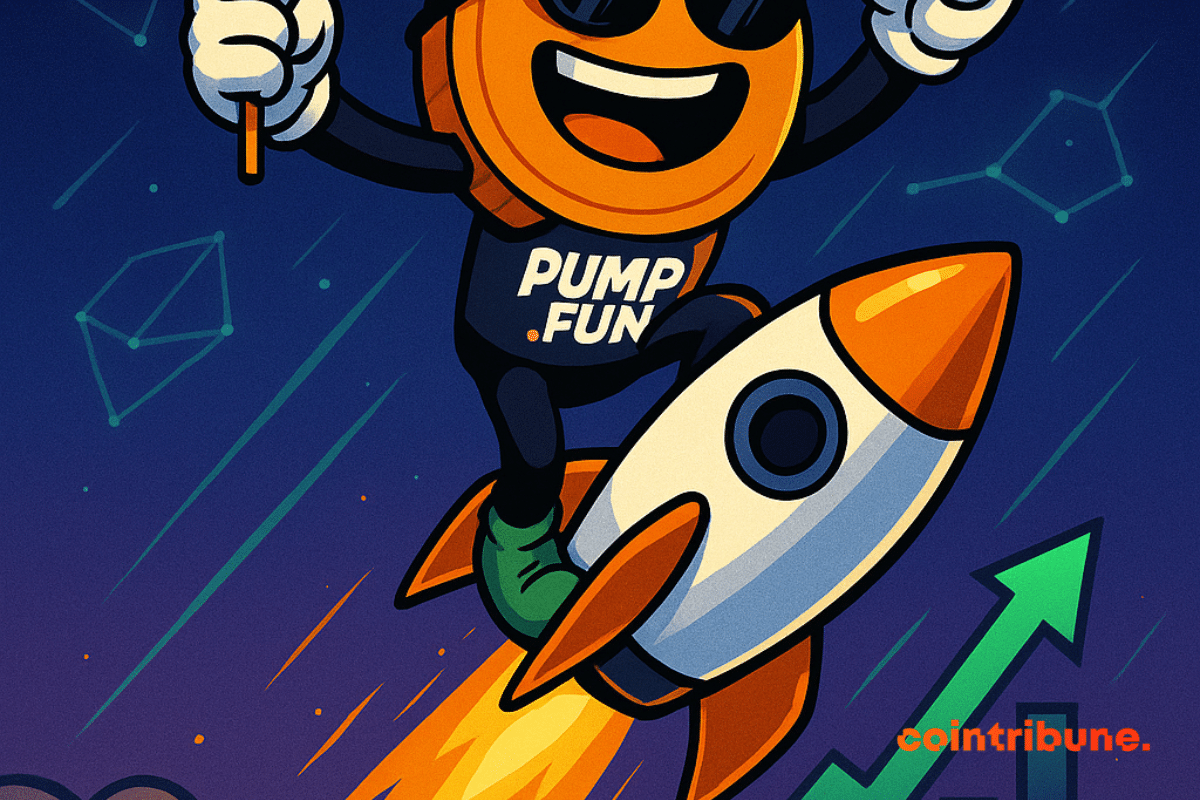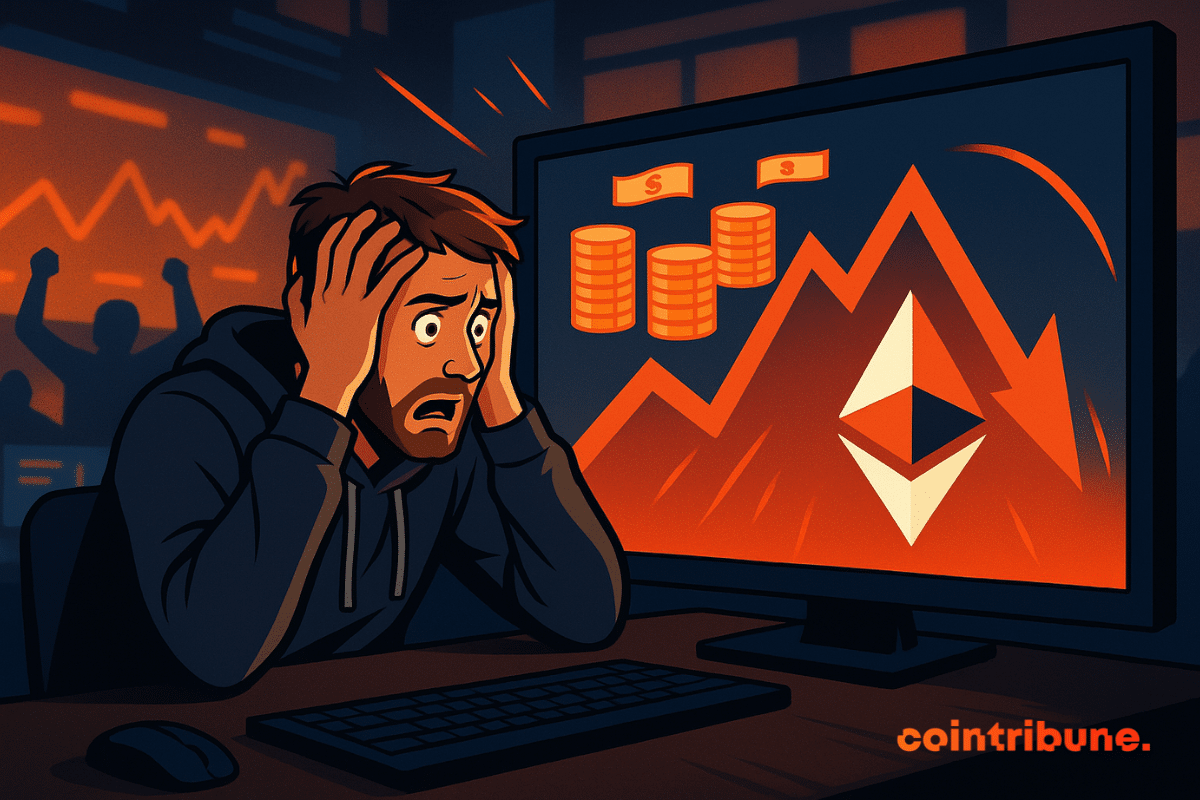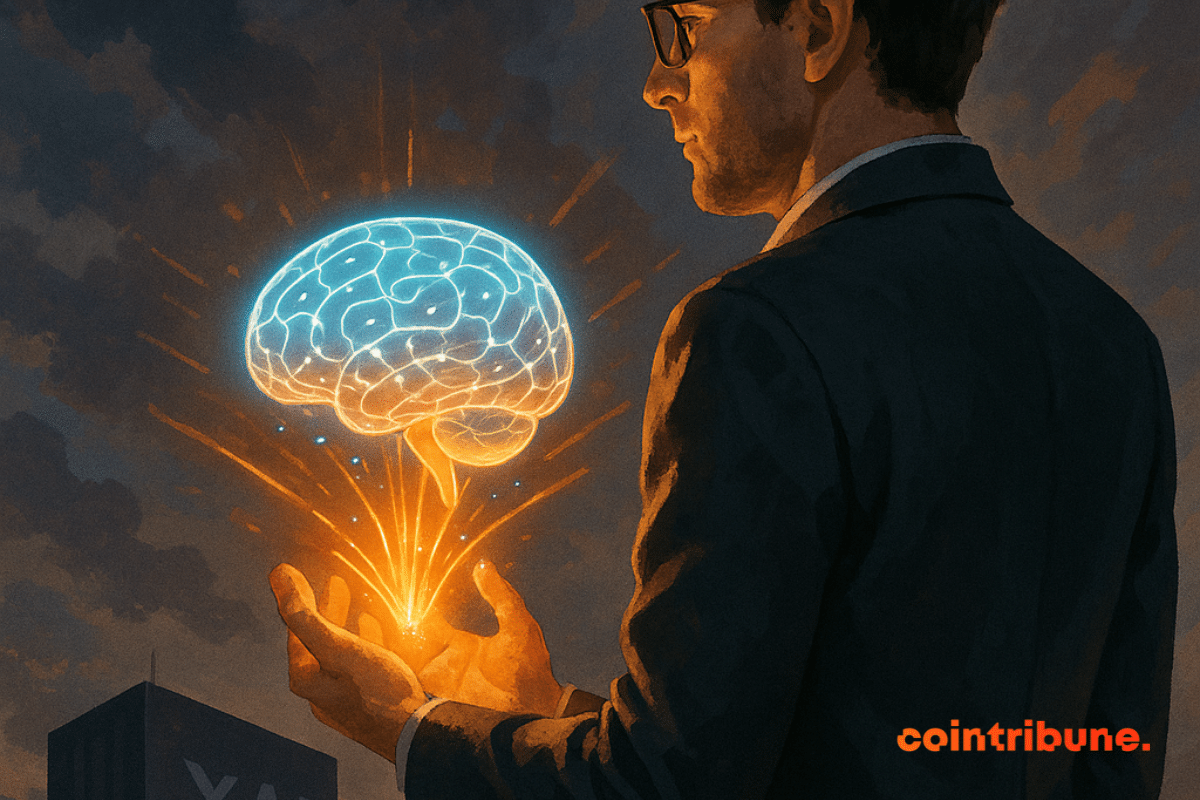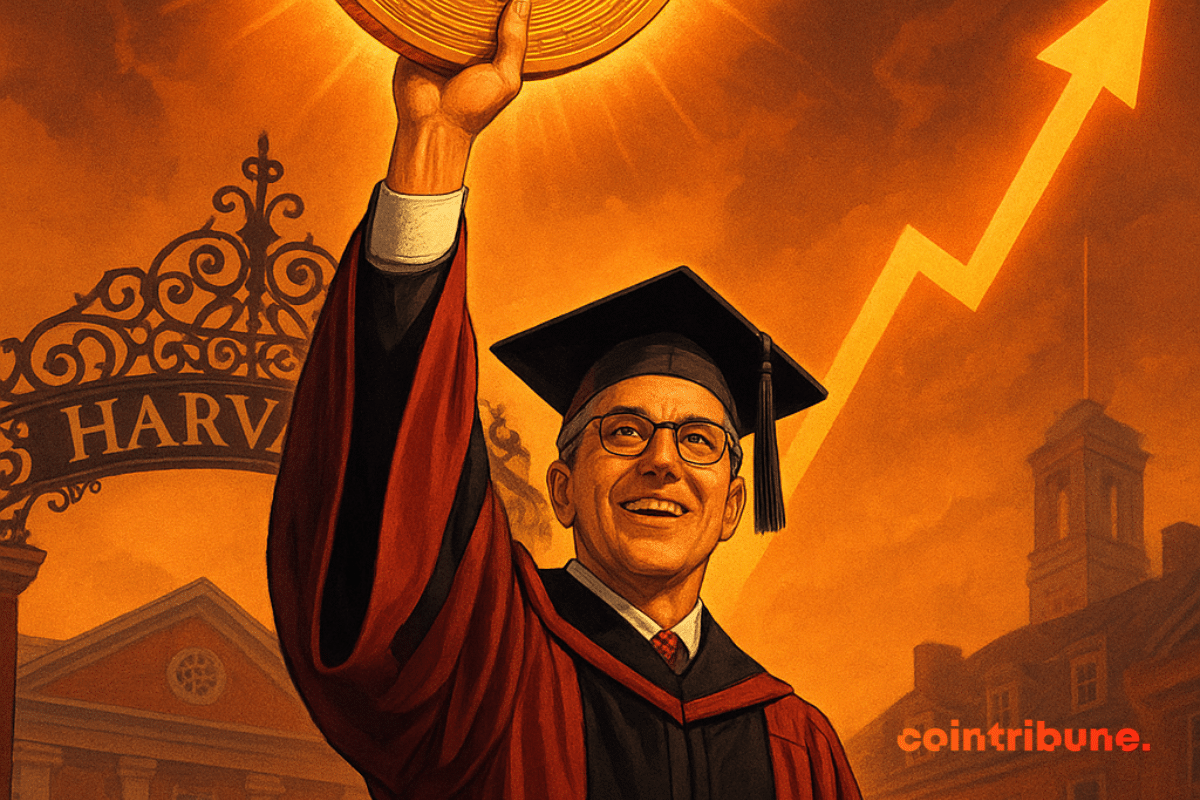While bitcoin briefly fell back to 112,000 dollars, MicroStrategy seized the opportunity to increase its strategic stock. Michael Saylor, the largest public holder of BTC, maintains his bet on bitcoin despite now reduced acquisitions.
Home » Archives for Evans SELEMANI » Page 4

Evans S.
Fascinated by Bitcoin since 2017, Evariste has continuously researched the subject. While his initial interest was in trading, he now actively seeks to understand all advances centered on cryptocurrencies. As an editor, he strives to consistently deliver high-quality work that reflects the state of the sector as a whole.
In August, Ethereum reached 14.98% dominance, its highest since September 2024, accompanied by a historic record. At the same time, Bitcoin fell to 58.2%, its lowest since January 2025. This shift reflects a capital reallocation within the crypto market: whales, notably on Binance, are now accumulating ETH, confirming that Ethereum is no longer a mere supporting actor but a real growth asset compared to Bitcoin, still seen as a safe haven.
Since its creation, Ethereum has claimed resistance to censorship. However, Vitalik Buterin warns: the concentration of power among a few block builders threatens the network's neutrality. To remedy this, he proposes several avenues, the most ambitious, named FOCIL, could redefine the inclusion of transactions.
The fragile balance between artificial intelligence and cryptocurrencies is about to be disrupted. DeepSeek, the Chinese AI gem, is about to launch a chip entirely developed and manufactured in China. This announcement, seemingly purely technological, could trigger a real earthquake in the US markets… and crypto would not come out unscathed.
The announcement of the launch of mUSD, Metamask's native stablecoin, marks a strategic milestone for the crypto ecosystem. Indeed, by partnering with Bridge, a Stripe subsidiary, and the decentralized infrastructure M0, Metamask is not just adding a feature: it is reshaping the contours of decentralized finance as we know it.
Despite the drop in their popularity, NFTs still show 3.62 billion dollars in sales in 2025. Since 2017, they have accumulated 71.55 billion, with the majority on Ethereum. After the 2021-2022 boom followed by the 2023 slowdown, the market has stabilized. Less speculative, NFTs are now anchored in more concrete digital uses.
After a difficult month marked by a drop in revenue and the breakthrough of LetsBonk, Pump.fun regains its leadership. The memecoin platform recaptured 73% market share, generating 13.48 million in one week, a record performance. This rebound is part of the broader recovery of the crypto sector, driven by renewed interest in memecoins.
The crypto market remains paradoxical. While Ether records a sharp drop of nearly 6% in a single session, ETFs linked to the world's second largest crypto continue to capture record volumes and inflows. A contradictory dynamic that illustrates the growing maturity of institutional investors: short-term corrections are no longer enough to slow the rush towards financial products backed by Ethereum.
After the surprise departure of the head of X, it is another key figure of Elon Musk's companies who slams the door. This time, it is the turn of Igor Babuschkin, co-founder of xAi and pillar of the Grok project, to announce his resignation.
Coinbase strikes hard by buying Deribit, leader in crypto options, establishing itself as a central player in derivatives products. This strategic acquisition unifies spot, futures, perpetuals, and options, attracting institutions and experienced traders. In a competitive market, it strengthens Coinbase's appeal and marks a key step towards a global crypto empire.
The appetite of large institutions for Bitcoin remains intact, but it often manifests where it is least expected. In 2025, the Norwegian sovereign wealth fund, a major player in public asset management, has nearly tripled its indirect exposure to the leading cryptocurrency. No direct BTC purchases are planned, but a well-thought-out strategy allows it to establish a solid foothold in the crypto ecosystem.
The idea of paying for vacations in crypto, once marginal, is becoming established in the European landscape. A recent survey conducted by Bitget, an exchange platform and major Web3 player, highlights a strong trend: crypto is attracting more and more travelers despite technical and regulatory obstacles. And the numbers speak for themselves.
The announcement sent shockwaves through the traditional finance world. Harvard's prestigious endowment fund, with 53.2 billion dollars, revealed it had invested 116 million dollars in BlackRock's Bitcoin ETF. While Harvard had already shown a timid interest in crypto in the past, this operation marks a symbolic step: the largest American university now officially backs the locomotive of the crypto market.
In 2024, salaries paid in crypto have tripled, marking a decisive turning point in the digital work landscape. Nearly 10% of professionals in the sector are now paid in stablecoins, notably USDC. This is a sign that crypto is establishing itself as a reliable, structured payment method, increasingly recognized by institutions.
While the crypto industry is still searching for its regulatory compass, the SEC has just spotlighted a rapidly growing practice: liquid staking. In a statement as technical as it is meaningful, the agency specifies that certain forms of liquid staking could escape securities regulation. A welcome nuance, certainly, but one that does not dispel the lingering legal gray areas over the sector. Analysis.
